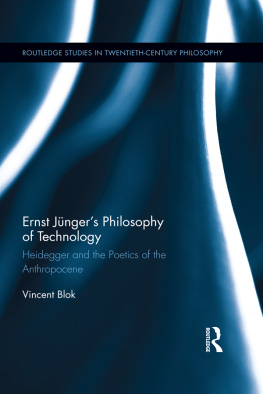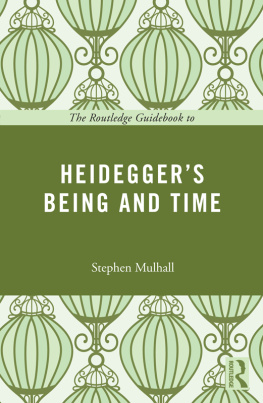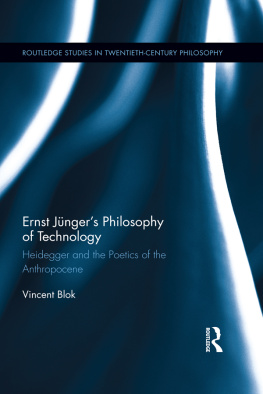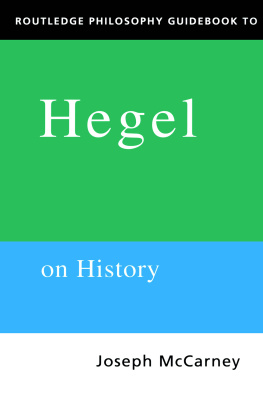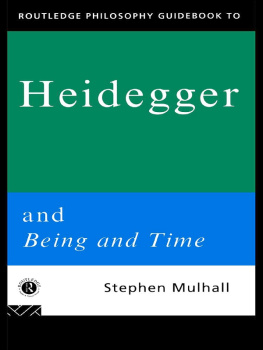Vincent Blok - Ernst Jünger’s Philosophy of Technology: Heidegger and the Poetics of the Anthropocene
Here you can read online Vincent Blok - Ernst Jünger’s Philosophy of Technology: Heidegger and the Poetics of the Anthropocene full text of the book (entire story) in english for free. Download pdf and epub, get meaning, cover and reviews about this ebook. year: 2017, publisher: Routledge, genre: Romance novel. Description of the work, (preface) as well as reviews are available. Best literature library LitArk.com created for fans of good reading and offers a wide selection of genres:
Romance novel
Science fiction
Adventure
Detective
Science
History
Home and family
Prose
Art
Politics
Computer
Non-fiction
Religion
Business
Children
Humor
Choose a favorite category and find really read worthwhile books. Enjoy immersion in the world of imagination, feel the emotions of the characters or learn something new for yourself, make an fascinating discovery.
- Book:Ernst Jünger’s Philosophy of Technology: Heidegger and the Poetics of the Anthropocene
- Author:
- Publisher:Routledge
- Genre:
- Year:2017
- Rating:5 / 5
- Favourites:Add to favourites
- Your mark:
Ernst Jünger’s Philosophy of Technology: Heidegger and the Poetics of the Anthropocene: summary, description and annotation
We offer to read an annotation, description, summary or preface (depends on what the author of the book "Ernst Jünger’s Philosophy of Technology: Heidegger and the Poetics of the Anthropocene" wrote himself). If you haven't found the necessary information about the book — write in the comments, we will try to find it.
This book examines the work of Ernst Jnger and its effect on the development of Martin Heideggers influential philosophy of technology. Vincent Blok offers a unique treatment of Jngers philosophy and his conception of the age of technology, in which both world and man appear in terms of their functionality and efficiency. The primary objective of Jngers novels and essays is to make the transition from the totally mobilized world of the 20th century toward a world in which a new type of man represents the gestalt of the worker and is responsive to this new age. Blok proceeds to demonstrate Jngers influence on Heideggers analysis of the technological age in his later work, as well as Heideggers conceptions of will, work and gestalt at the beginning of the 1930s. At the same time, Blok evaluates Heideggers criticism of Jnger and provides a novel interpretation of the Jnger-Heidegger connection: that Jngers work in fact testifies to a transformation of our relationship to language and conceptualizes the future in terms of the Anthropocene. This book, which arrives alongside several new English-language translations of Jngers work, will interest scholars of 20th-century continental philosophy, Heidegger, and the history of philosophy of technology.
Vincent Blok: author's other books
Who wrote Ernst Jünger’s Philosophy of Technology: Heidegger and the Poetics of the Anthropocene? Find out the surname, the name of the author of the book and a list of all author's works by series.

